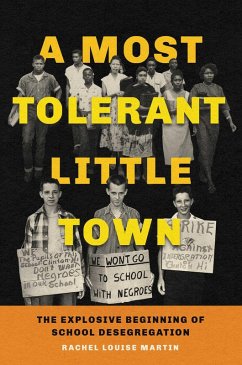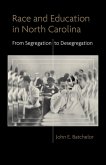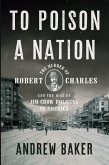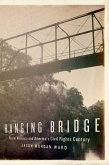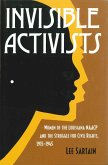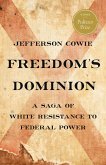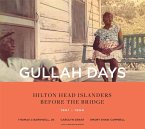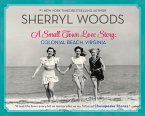A "masterful" (Taylor Branch) and "striking" (The New Yorker) portrait of a small town living through tumultuous times, this propulsive piece of forgotten civil rights historyabout the first school to attempt court-ordered desegregation in the wake of Brown v. Boardwill forever change how you think of the end of racial segregation in America. In graduate school, Rachel Martin was sent to a small town in the foothills of the Appalachians, where locals wanted to build a museum to commemorate the events of September 1956, when Clinton High School became the first school in the former Confederacy to attempt court mandated desegregation. But not everyone wanted to talk. As one founder of the Tennessee White Youth told her, "Honey, there was a lot of ugliness down at the school that year; best we just move on and forget it." For years, Martin wondered what it was some white residents of Clinton didn't want remembered. So, she went back, eventually interviewing over sixty townsfolkincluding nearly a dozen of the first students to desegregate Clinton Highto piece together what happened back in 1956: the death threats and beatings, picket lines and cross burnings, neighbors turned on neighbors and preachers for the first time at a loss for words. The National Guard rushed to town, along with national journalists like Edward R. Morrow and even evangelist Billy Graham. But that wasn't the most explosive secret Martin learned... In A Most Tolerant Little Town, Rachel Martin weaves together over a dozen perspectives in an intimate, kaleidoscopic portrait of a small town living through a turbulent turning point for America. The result is at once a "gripping" (The Atlanta Journal-Constitution) mystery and a moving piece of forgotten civil rights history, rendered "with precision, lucidity and, most of all, a heart inured to false hope" (The New York Times). You may never before have heard of Clinton, Tennesseebut you won't be forgetting the town anytime soon.
Dieser Download kann aus rechtlichen Gründen nur mit Rechnungsadresse in A, B, BG, CZ, D, DK, EW, E, FIN, F, GR, HR, H, I, LT, L, LR, NL, PL, P, R, S, SLO, SK ausgeliefert werden.

